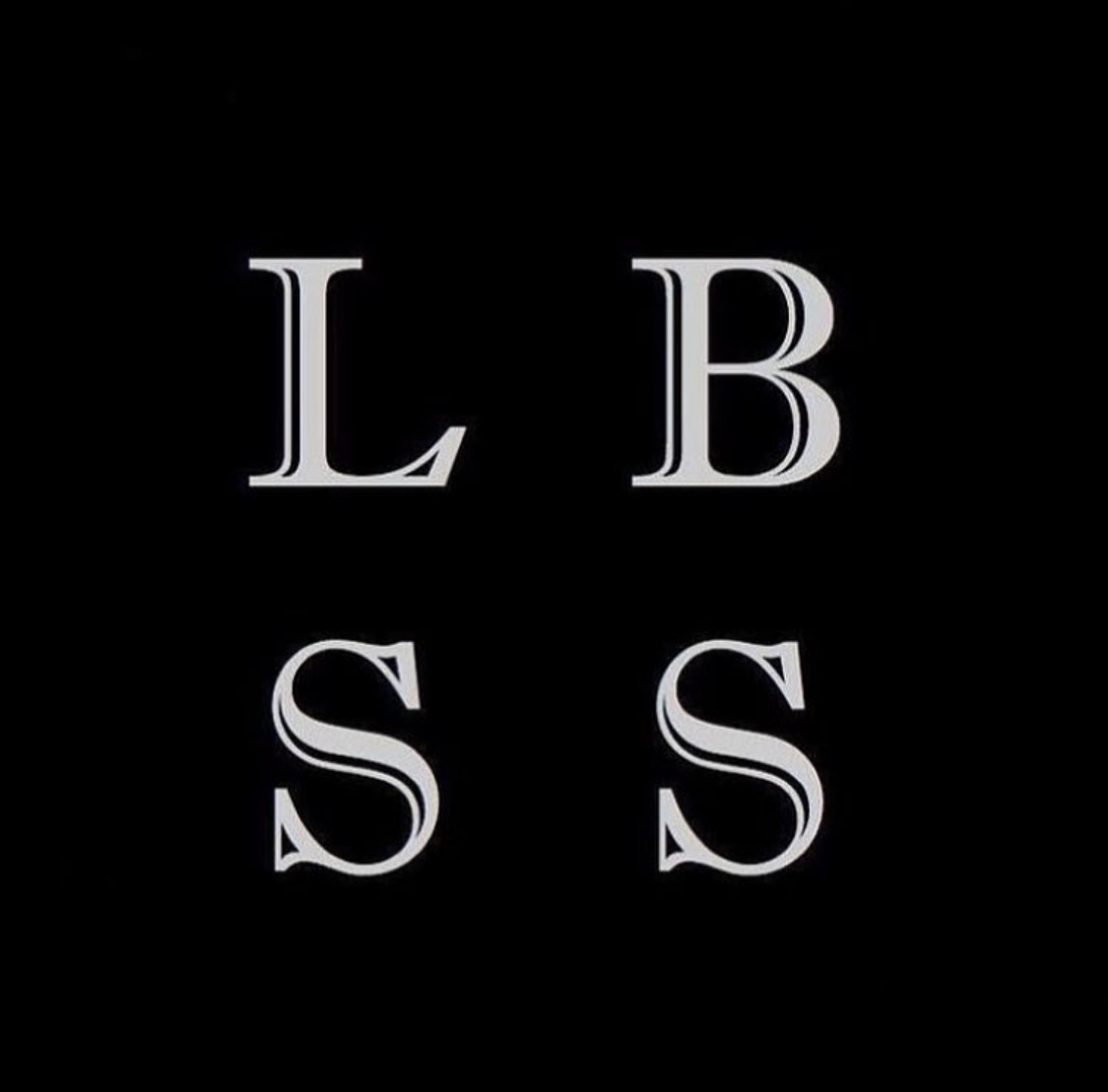I was waiting on the Polish-Ukrainian border to pick up refugees and transport them to Warsaw. From there they would be able to reach their families or find a place to stay.
I had expected to find myself in the midst of chaos and disaster, yet everything seemed to be under control of local authorities and volunteers. Before we left Warsaw, we received information that diapers and food are needed the most. The war had been going on for three days. We saw two cars filled with various supplies, diapers overflowing the dedicated hangar, and food that already started to go bad stashed all together. To our surprise, when we arrived on Sunday (the third day of the war) with two cars filled with aforementioned supplies, we saw that the diapers no longer fit in the dedicated hangar and food stashed in another one had already started to go bad…
After days of horrifying news, it calmed me down to see how many people came to help. I saw people lining up with cardboards saying “FREE TRANSPORT” written in cyrillic, most probably rewritten from google translate, volunteers preparing warm tea, and behind them a parking full of cars with Polish, Ukrainian and German plates – belonging to friends and families of those who were to arrive soon as well as complete strangers trying to do their best to help.
For a brief moment, it seemed to me as if there were more people willing to help than those actually needing it. Yet, if you stopped on a hill a few miles away from the border, you could see cars lined up to the horizon. To cross the border of the EU the refugees need to queue for days on the Ukrainian side. The temperatures in Dorohusk reach -5 degrees Celsius at night – children have nothing to warm up. There are shortages of food and medications, as everyone left in a hurry and could not know what they will have to go through at the border. The lucky ones are in their cars, but the rest are there on foot. Some are forced to leave their cars on the side of the road, when out of fuel, and then continue on foot. But all of them walk towards the border, full of hope to find shelter, and better tomorrow in the EU. Think of their families, who are already in the EU, anxiously hoping that their families manage to cross the border, to survive the attacks and to endure the piercing cold.
And this is just the beginning. The war started only seven days ago. At least half a million people have already escaped Ukraine but this huge number of refugees constitutes only 1% of the Ukrainian population. Considering the size of the Ukrainian diaspora, a lot of those who arrived could have had a family, a friend, or a friend of a friend living in the EU waiting to receive and accommodate them. But what about those who will come not knowing anyone? And what about those who will stay in Ukraine and fight, not only for their country, but also for the order of Europe?
Ukraine is a prisoner of its geography. Ukrainians for many years were struggling to join the ‘Western world.’ yet Their pursuit to join NATO was harshly stopped by the military intervention of Russia, which until resolved sabotages their membership in the alliance and therefore prevents NATO’s eastward expansion. Even though such measures can be considered as a direct threat for the safety of the nations of eastern border of the alliance it does not seem that Putin would invade NATO, as he would have to face the military forces of all 30 members, US included.
Nonetheless the involvement of European Union is not based merely on geography. Putin’s confidence that the invasion of Ukraine would be undisturbed is a result of the net of dependencies, economic and political, between Russia and the whole Europe. Needless to say, Putin did not expect external intervention because of the energetic vulnerability of the EU and lack of its response in 2014 during the invasion of Crimea. Perhaps, if Europe and the whole world had supported Ukraine more during the 2014 Crimean Crisis, we wouldn’t be witnessing what we see now.
The violent Russian invasion motivated the EU to impose unprecedented, strong sanctions that besides pressuring Putin to back out from Ukraine, initiated a process of significant diminishishing of the level of EU’s dependency from Russia. It is an opportunity for the EU to reinstate its position of autonomous power and untangle itself from corrupted deals with authoritarian Russia. Moreover, the resistance of Ukrainians induced a long overdue reflection on the role of the Union and its relationship with a country that directly opposes the Union’s core values.
And here we are proud of Europe’s quick response, with hope to become stronger as an autonomous and united front against Putin’s imperialistic ambitions. Yet, no matter how much money or weapons Ukraine receives, they are the ones paying the highest price defending the eastern border of the EU and NATO. A debt which Europeans will have to repay.
You can support Ukraine through the links below:
https://www.icrc.org/en/donate/ukraine-b
https://crm.ocalenie.org.pl/civicrm/contribute/transact?reset=1&id=3&lang=en
